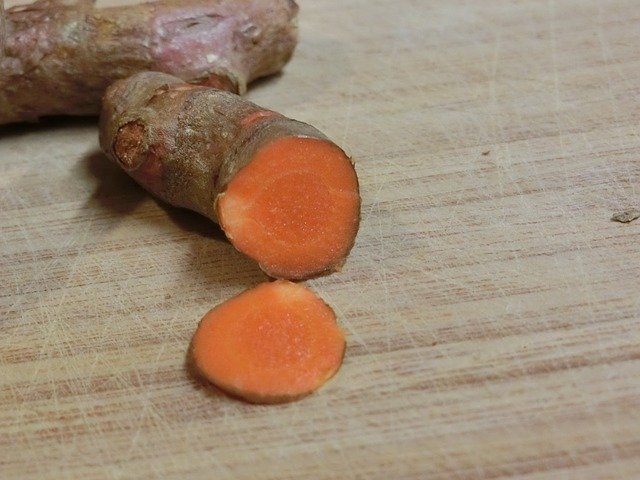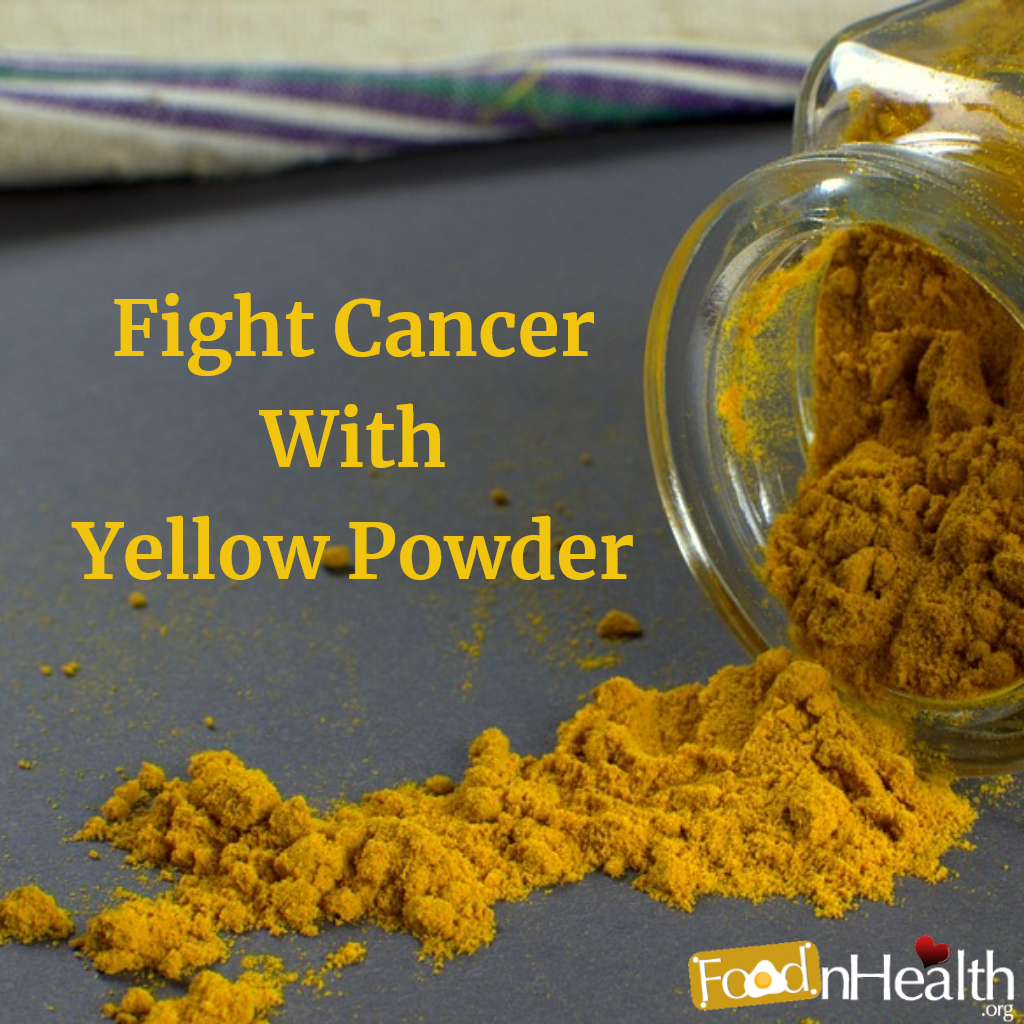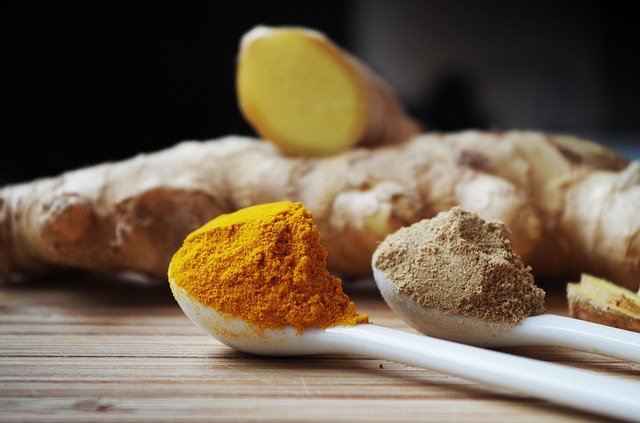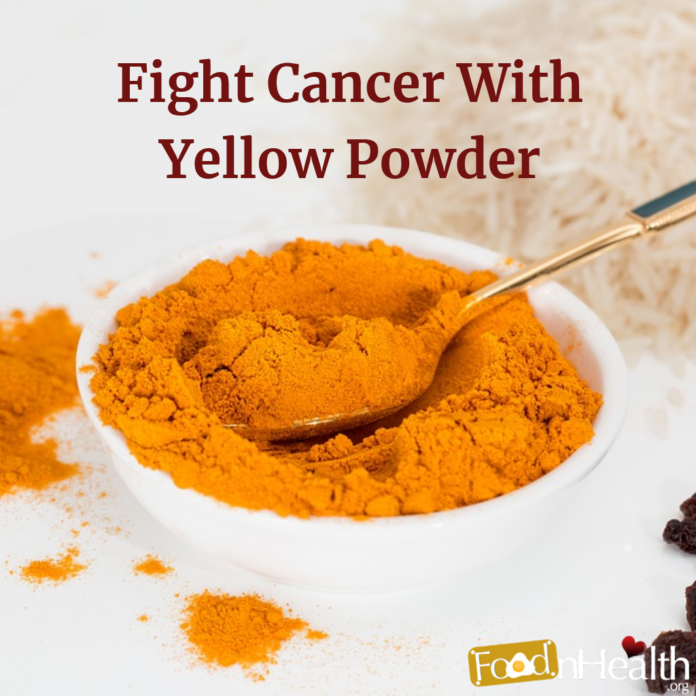Is curcumin the cure for cancer?
No! Sadly, it is not! Or, let me rephrase myself, not yet. There have been no extensive studies that show that curcumin cures cancer definitively, however, there have been studies that show the preventive and therapeutic effect of curcumin in our body over cancerous cells. Mostly laboratory studies, done in Petri dishes or done on animals, some clinical trials done in humans, but nevertheless, the results are lifting a lot of eyebrows.
But, what is curcumin? It is the yellow pigment derivate from turmeric, the famous Asian spice (used to make curry powder), used in many kitchens throughout the world. And I will save you the trouble of reading about turmeric, yes, it does contain curcumin and three other curcuminoids, but in small quantities, and you will need to eat a lot of turmeric so it can affect cancerous cells. We are going to talk about concentrated curcumin, the one that can really change the cancer state, shrink it, and hopefully in time, even destroy it completely.

The effect of curcumin started getting interesting, when scientists discovered that in many Asian countries where people eat turmeric daily, from 100 to 200 mg for a long period, as part of their everyday diet, show a low rate of some types of cancer. That is mostly breast cancer, colon cancer, rectal cancer, prostate cancer, etc. But turmeric contains only 3% curcumin, and if attacking cancer, you will need a lot more. And the best part is, there are very few, or even not at all, side-effects of consuming curcumin.
Prove that this yellow powder (curcumin and turmeric/curcuma) has effects on cancer is the fact that it has even reached the stage of a clinical trial, and that many studies are ongoing at the moment.
How does curcumin work? The secret mechanism
The curcumin, together with the other curcuminoids, can affect cancerous cells in many ways, and without harming any healthy cells. The mechanism lies in the different structures and chemicals in healthy cells and cancerous cells. The curcumin affect and switches back the pathways of cell death, or apoptosis (death by suicide – eliminating dysfunctional cells by programmed death, because cancer cells tend to lose their ability to die by normal way by blocking these pathways), or necrosis (death by injury – the death of cell caused by bacteria, toxins or trauma). The curcumin is being absorbed in the cancerous cells and tends to destroy them by catalyzing these pathways, on ways that science has yet no definitive answer, but again, a lot of studies are ongoing, and many new types of research emerge every day.

The effect on curcumin on normal cells and its indifference is not yet fully understood, but there are some hypotheses about it. As mentioned, the cellular uptake of curcumin in tumor cells is higher than the one in normal or healthy cells, probably because of the glutathione level in tumor cells, which tends to be lower than the one in normal cells, and which seems to be less attractive to curcumin. Also, curcumin can inhibit the proliferation of tumor cells by suppressing NF-kB (protein complex that controls transcription of DNA, cytokine production and cell survival, master molecule) regulated gene products, which is expressed constitutively by most tumor cells.
In less scientific words, the true benefits of curcumin can shortly be presented in few lines:
- curcumin inhibits the proliferation of tumor cells because cancer cells early develop the ability to proliferate and adapt surviving environments that normally do not support cell replication
- curcumin decreases inflammation
- curcumin inhibits the transformation of normal cells to tumor cells
- curcumin inhibits the synthesis of proteins responsible for tumor formation
- curcumin helps to destroy mutated cancer cells by increasing the apoptosis and necrosis of cancerous cells.
The standard treatment for breast cancer can vary widely in responsiveness, mainly due to the cancers dependence on the hormone estrogen; the more dependable cancer, the more the conventional treatments are more effective. The curcumin inducing apoptosis ability plays a huge role here, because of the effect on hormone-negative cancers. The dose as high as 3600 mg of curcumin can and will initiate paraptosis (similar to apoptosis) only in breast cancer cells, rapidly destroying them, and leaving healthy cells unharmed.

Also, huge benefits of curcumin have been noticed at treating cervical cancer, by breaking the links that trigger HPV caused cancer development and also causing apoptosis of cancerous cells within the lining of the uterus. These effects do make curcumin a fit candidate as a chemopreventive agent in women at risk for breast cancer, and also as an alternative and adjuvant treatment option in cases where the disease has already developed.
Because prostate cancer is also sex hormone-dependent, curcumin can also be effective in treating this particular cancer, by reducing the expression of sex hormones in the prostate, and impairing the cancer cells ability to respond to the effect of testosterone.
Another potential victim of this yellow powder is the colon cancer, especially in means of prevention, following the predictable sequence from benign polyps to cancerous growths. Again this remedy, similarly as in breast, cervix and prostate cancer, it slows the growth by lowering the inflammatory cascade induced by NF-kB, halting the progression of polyps to cancerous cells. Moreover, curcumin blocks the growth of helicobacter pylori, known to cause gastritis, peptic ulcer and gastric and colon cancer, by the same mechanism mentioned above.
The studies conducted on humans have shown that despite the visible evidence of the positive effect, much new research should be done, and harvest the true power of this cost-effective and truly powerful medicine.
How to consume curcumin and what is the dosage?
The main problem with curcumin is the low absorption rate from the gut, actually from the liver, because our liver tries to prevent excessive drugs and similar, and the liver inhibits most of the absorption, making the compound less effective.
Scientists had already found a way to increase the absorption. As already mentioned, turmeric is only the source of curcumin, and to get to the desired dosage, you’d have to have a lot of turmeric, which is quite impossible. And as it turns out, mixing curcumin with black pepper (or piperine) increases the absorption by 2000%, and also, because it is fat-soluble, you can dissolve it in olive, coconut or other healthy beneficial oil.

The best way to take curcumin is with milk, and lots of fluids, mixed with oil and black pepper, or you can even find curcumin in form of a capsule, with piperine included in the ingredients, and dissolved in beneficial oil for much better absorption.
The dosage is developing in time, you will have to start with 1 g of curcumin per day (whether in powder or capsule form) for one week, and watch out for any side-effects, as much as unlike for them to appear. If all is good, try increasing the dosage by doubling it, and so on.
However, be sure to consult your physician before taking any capsules, and carefully read the precaution and warning information.
If you are using it preventively, just mix the powder with some oil, add a pinch of black pepper, mix it all together, and add it to your salad, or soup, or the dish by your choice, and enjoy your meal, it adds a special color and flavor.
Bon appetite!























